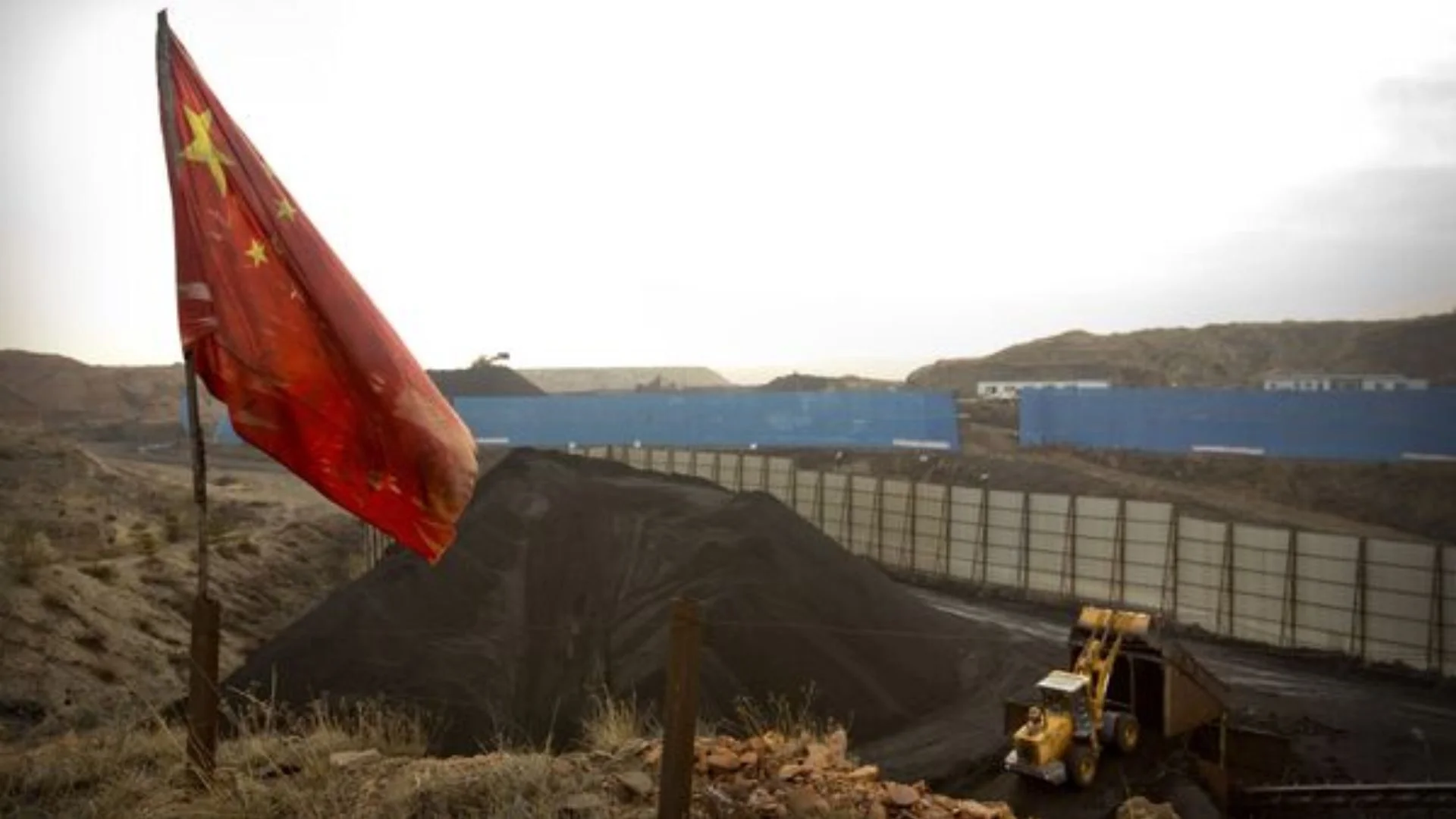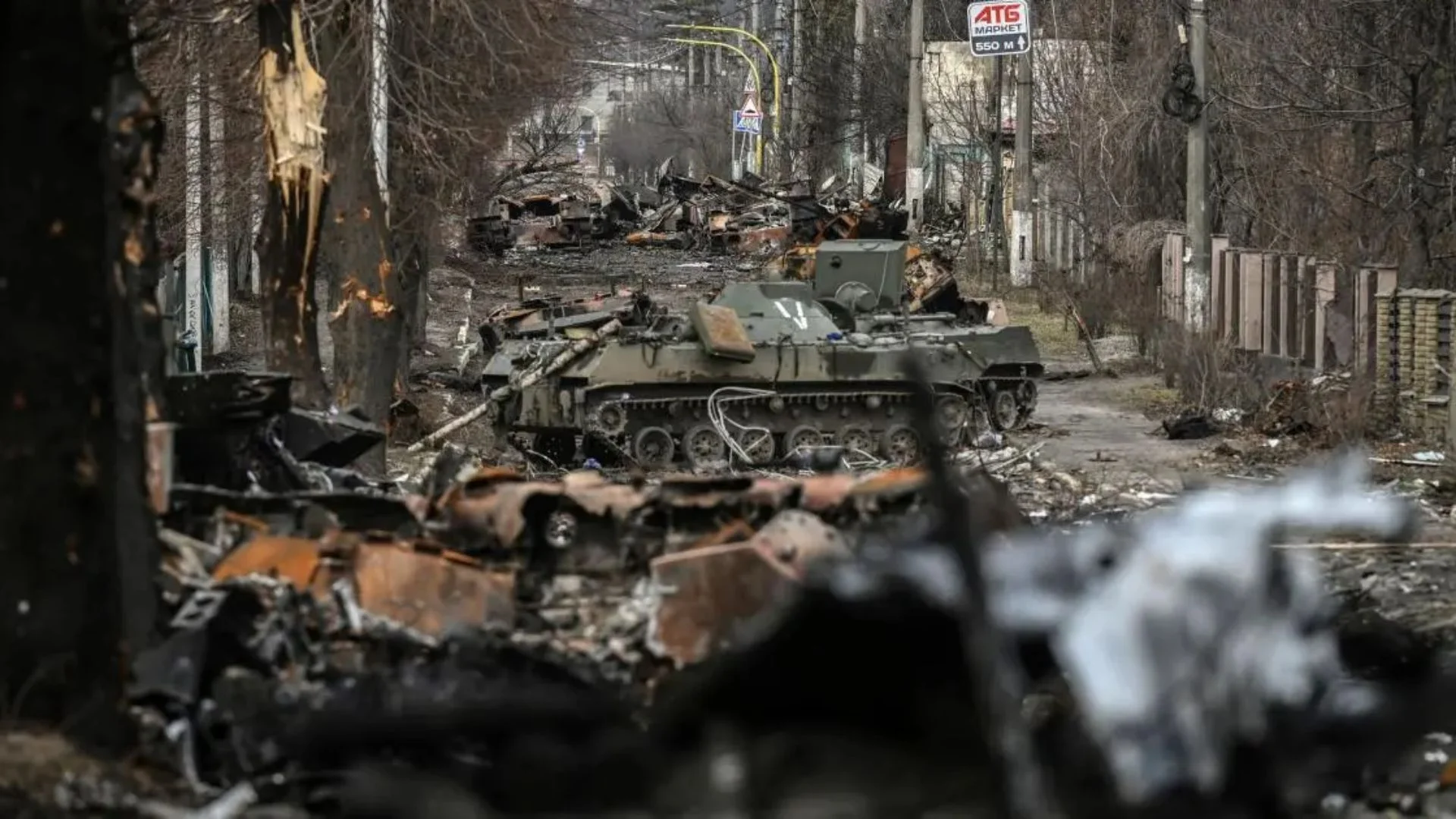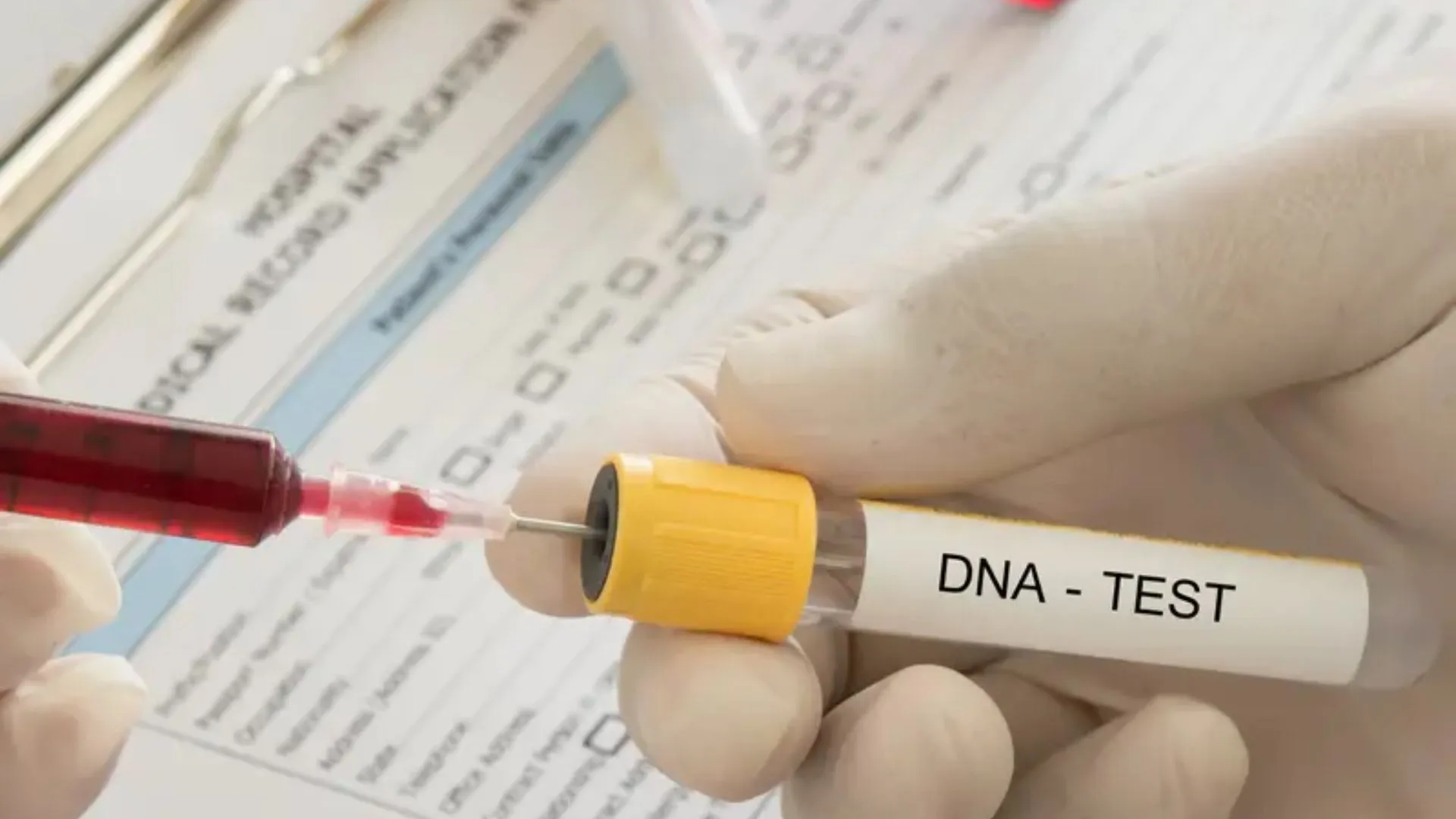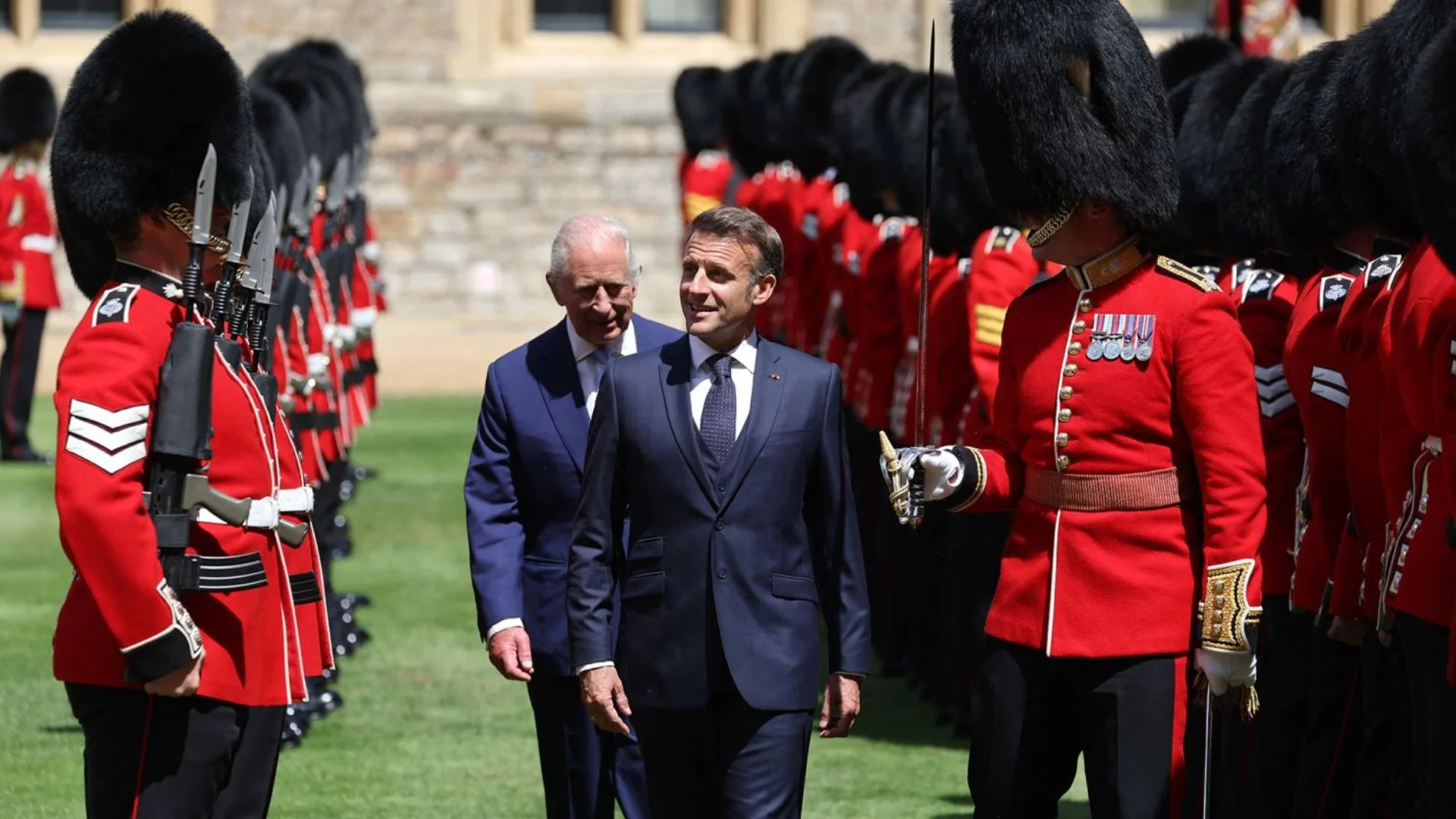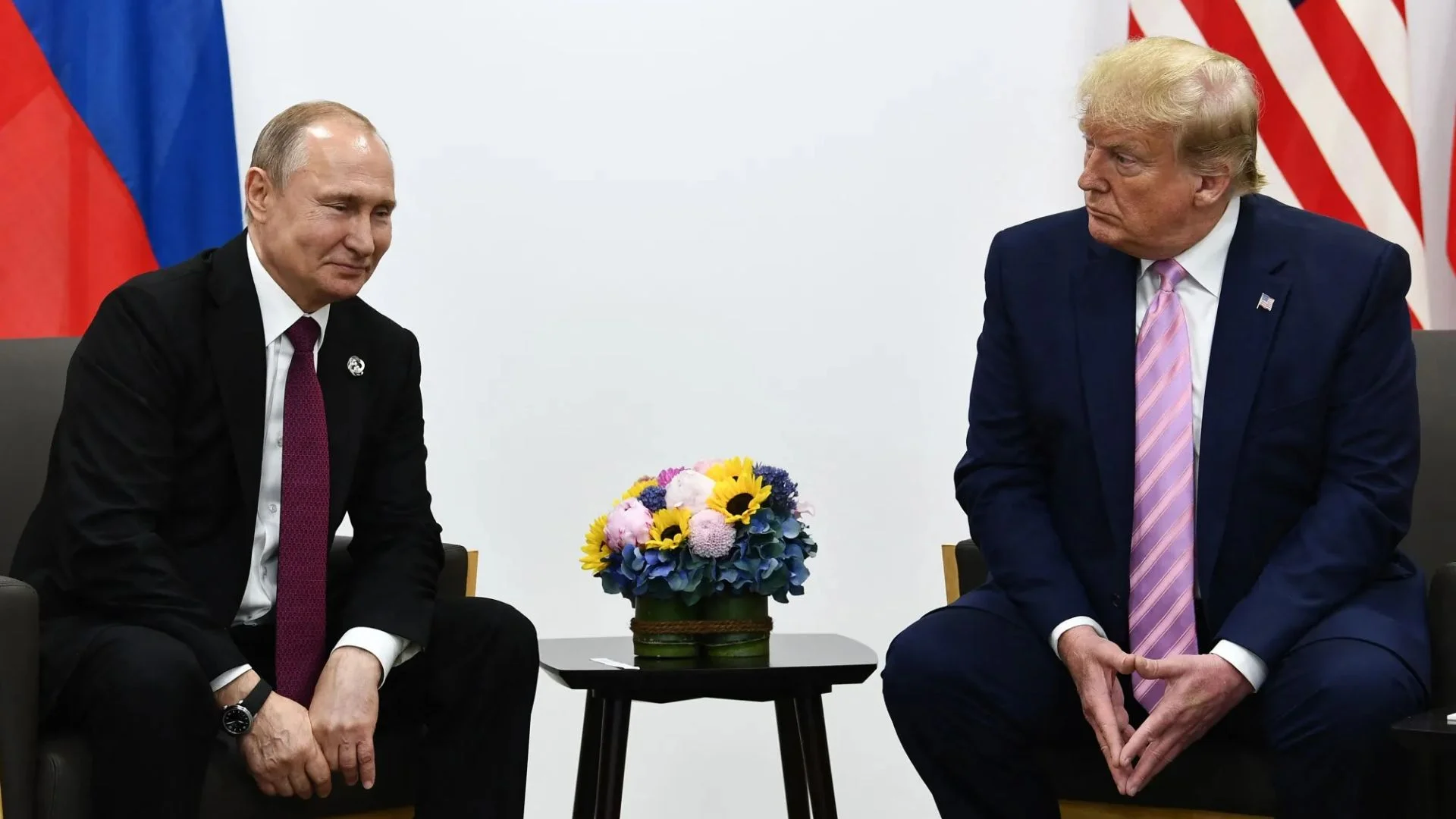The European Union called on China to remove export limits on rare earth minerals and magnets, amid warnings that vital sectors are under severe disruption with supply shortages. The EU trade commissioner Maros Sefcovic brought up the topic in a Paris meeting on Tuesday with Chinese Commerce Minister Wang Wentao, referring to the “alarming situation” for European industry, particularly car manufacturers.
Rare earth minerals critical to the manufacture of electric cars, cellphones, and military hardware are largely produced in China, which provides about 90% of worldwide demand. In April, Beijing widened its list of export controls to include seven rare earth minerals and a number of kinds of magnets after a fresh spat with the US.
While aimed as a response to Washington’s tariffs, the curbs have also affected European companies. Most firms are citing China’s bumbling system of approvals and fears over requests for sensitive information that could threaten intellectual property as the reason for delays in getting export licenses.
“Some of the applicants are hesitant to supply proprietary data but have to do so in order to be approved,” said Adam Dunnett, secretary general of the EU Chamber of Commerce in China. He reported increased anxiety among the European business community and continued emergency negotiations with Chinese officials.
Sefcovic suggested streamlining China’s licensing process, especially for civilian use, and annual general authorizations to limit administrative barriers. He cautioned that without immediate intervention, widespread industrial disruption would ensue.
At the same time, the EU issued 13 global projects to cut reliance on Chinese critical minerals, including rare earth plans in Malawi and South Africa. The bloc also intensified trade tensions with Beijing by barring Chinese companies from the procurement of medical devices and suggesting new tariffs on parcels from online shopping platforms such as Shein and Temu.
The rare earth conflict adds more pressure to already sensitive EU-China trading relations.

